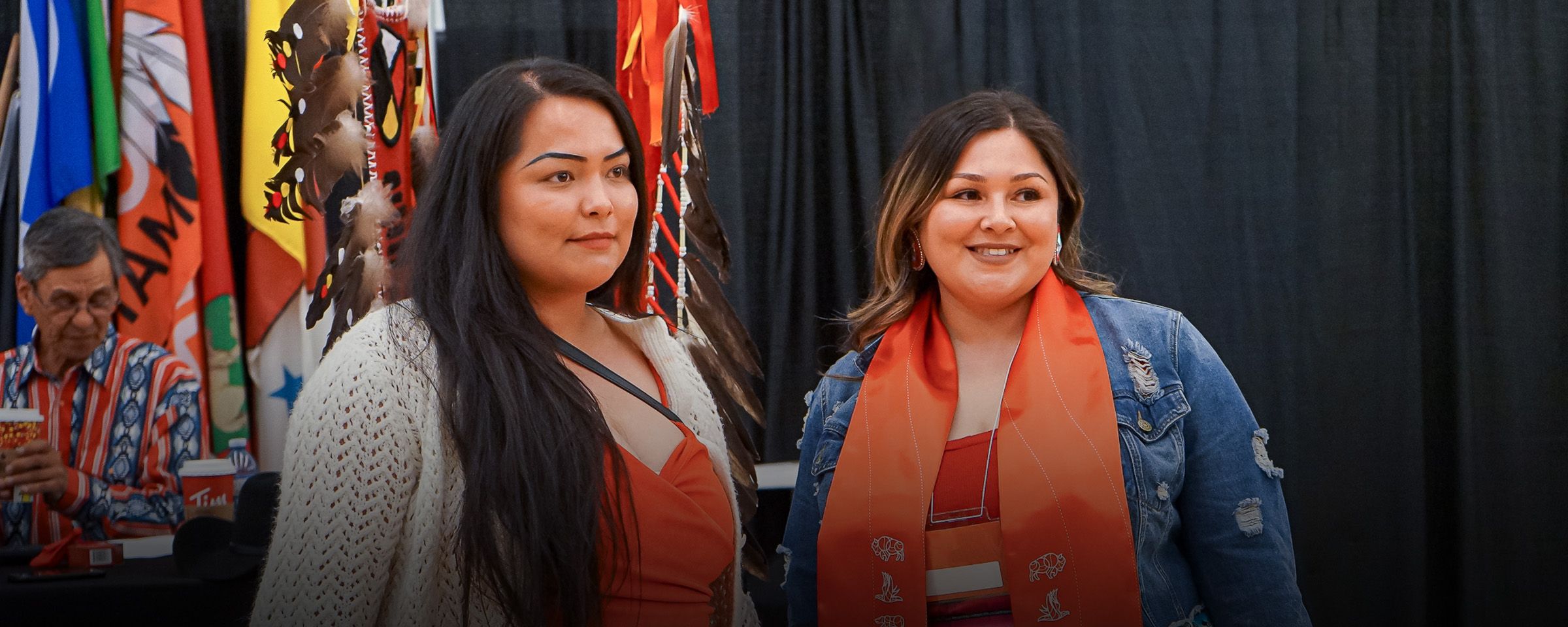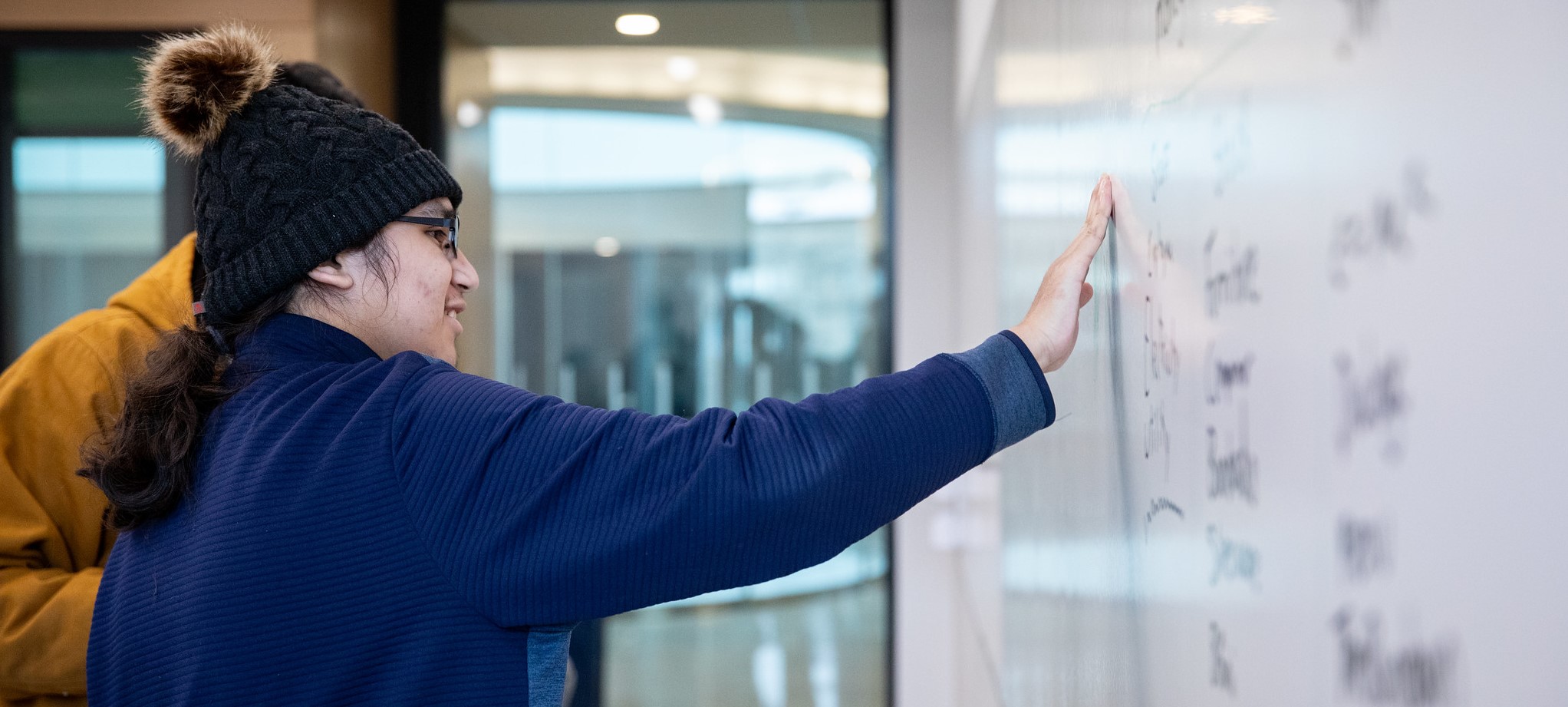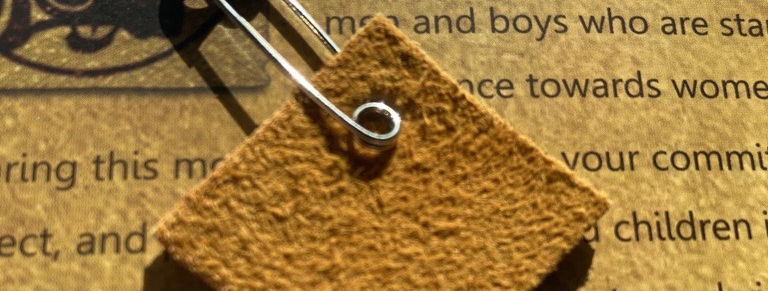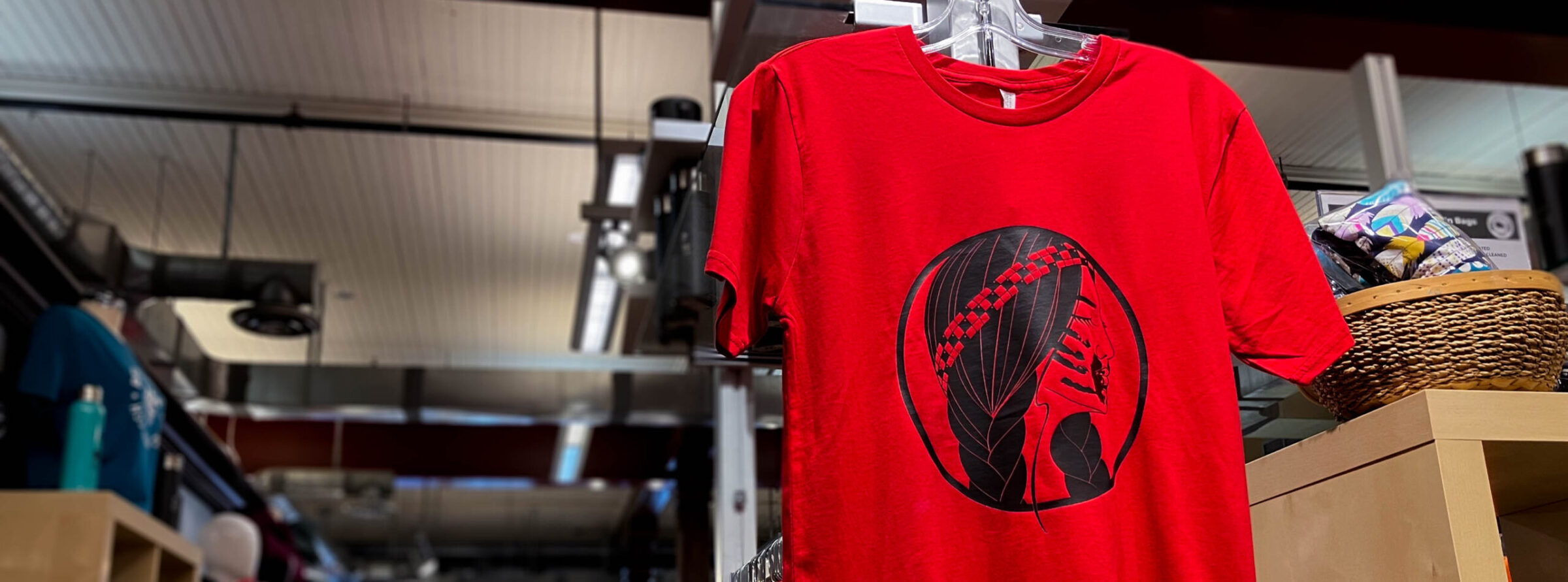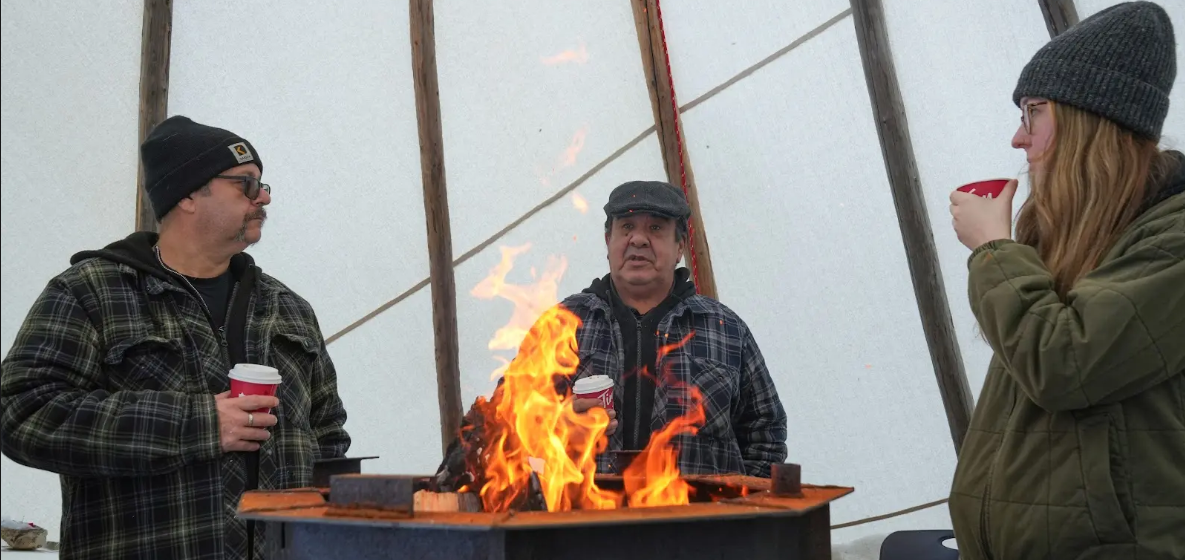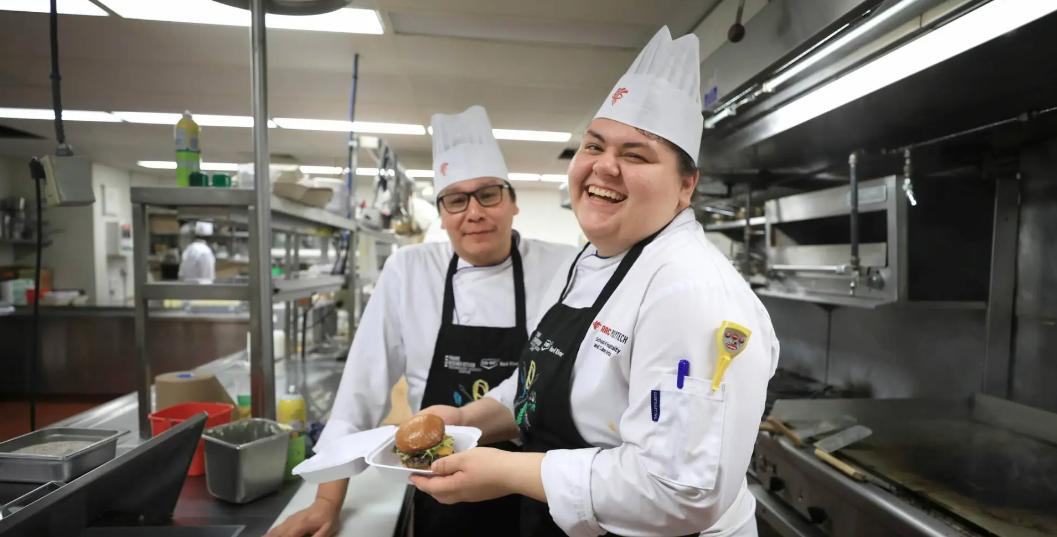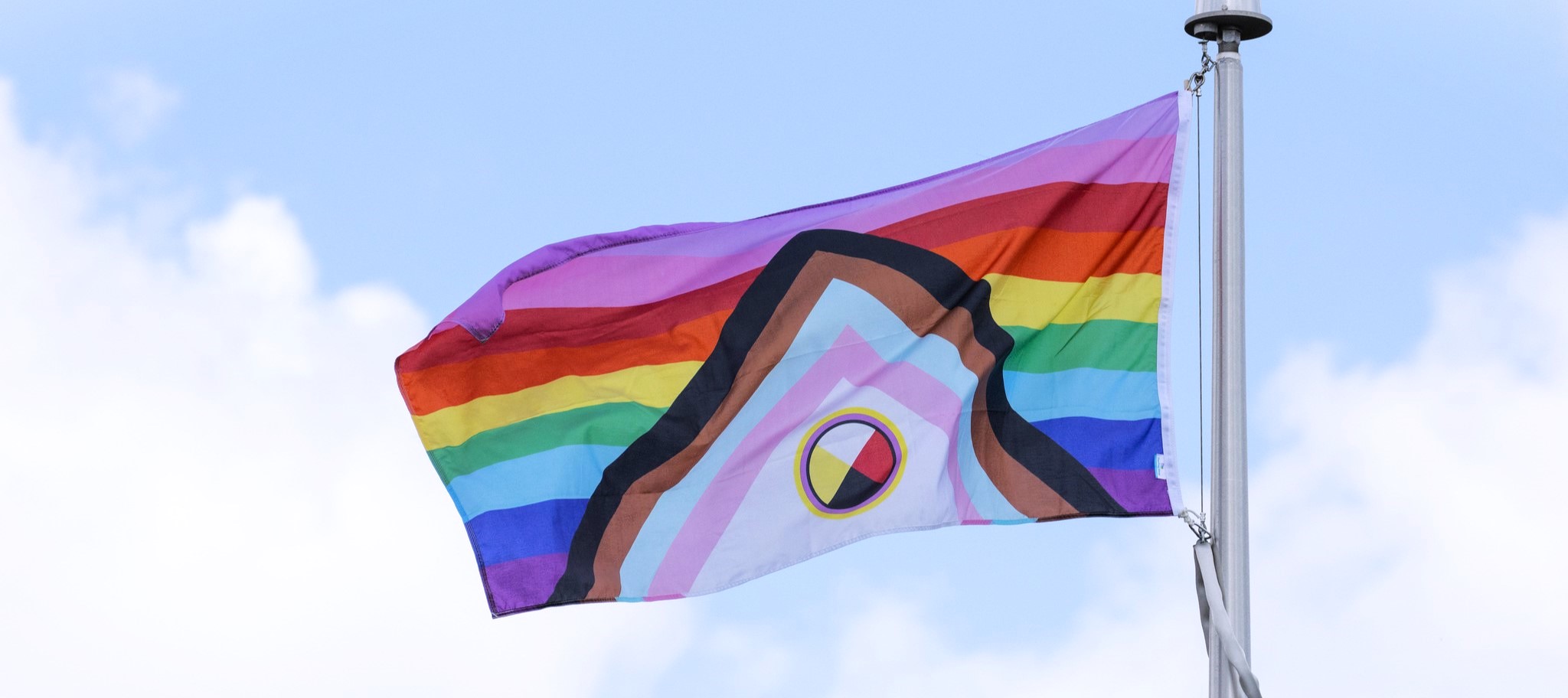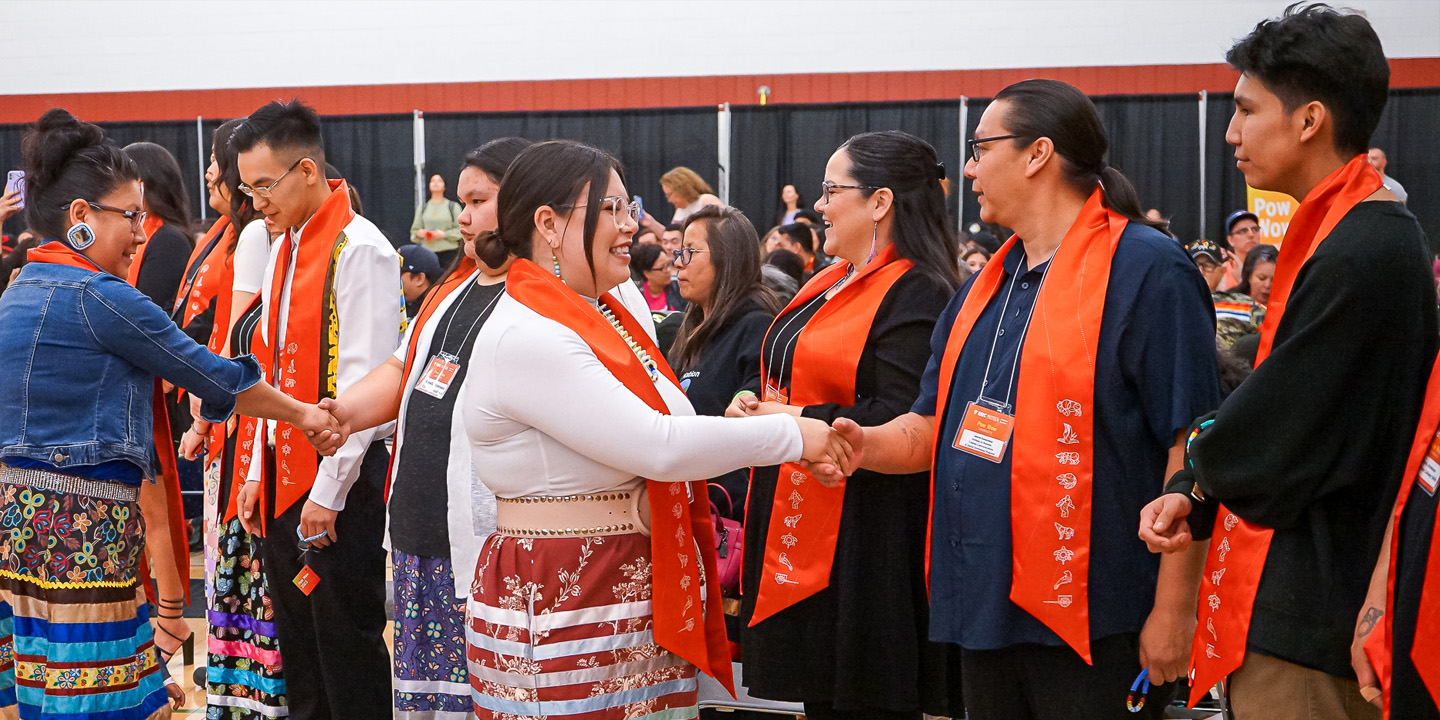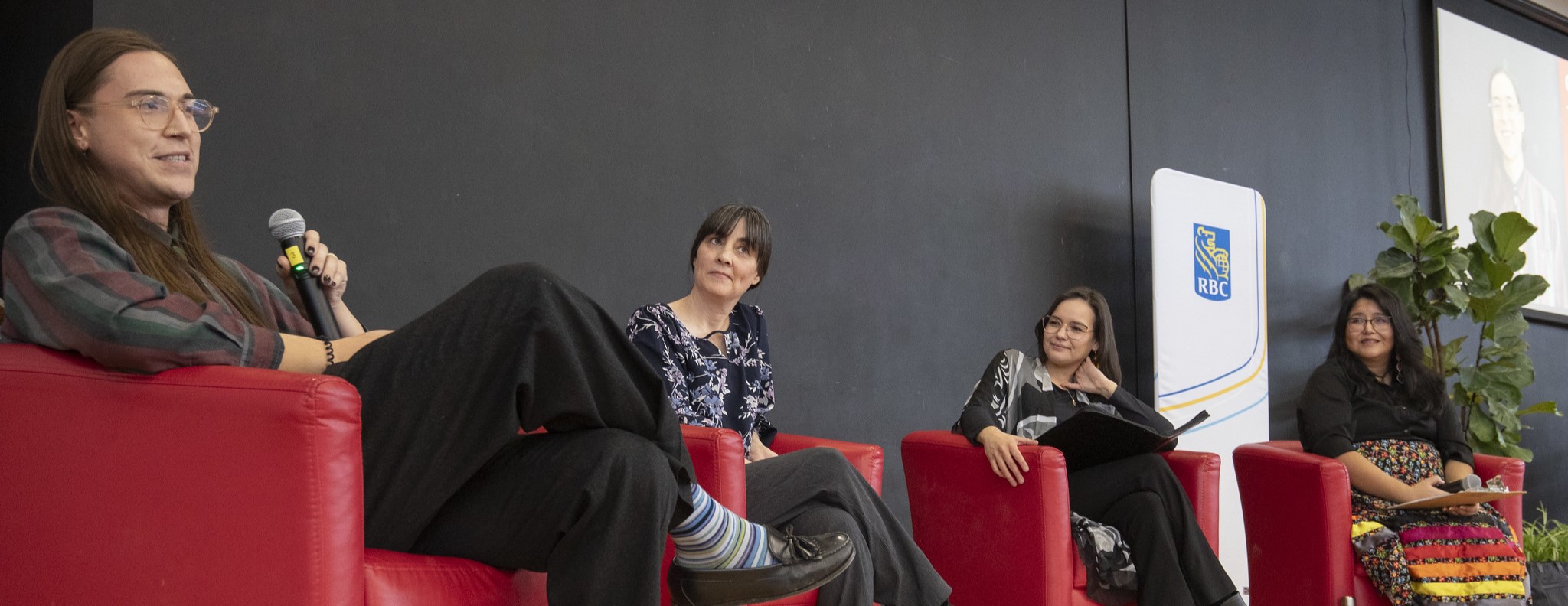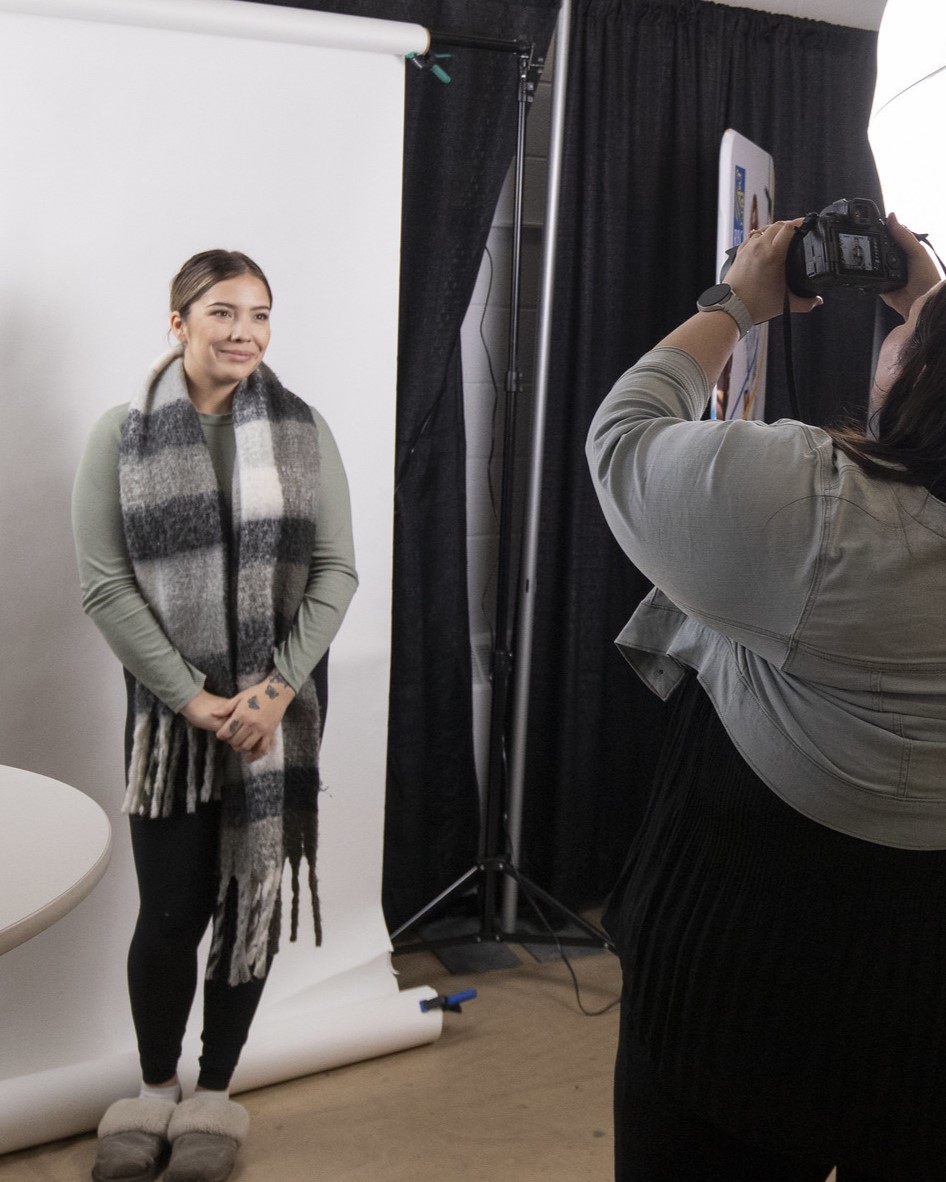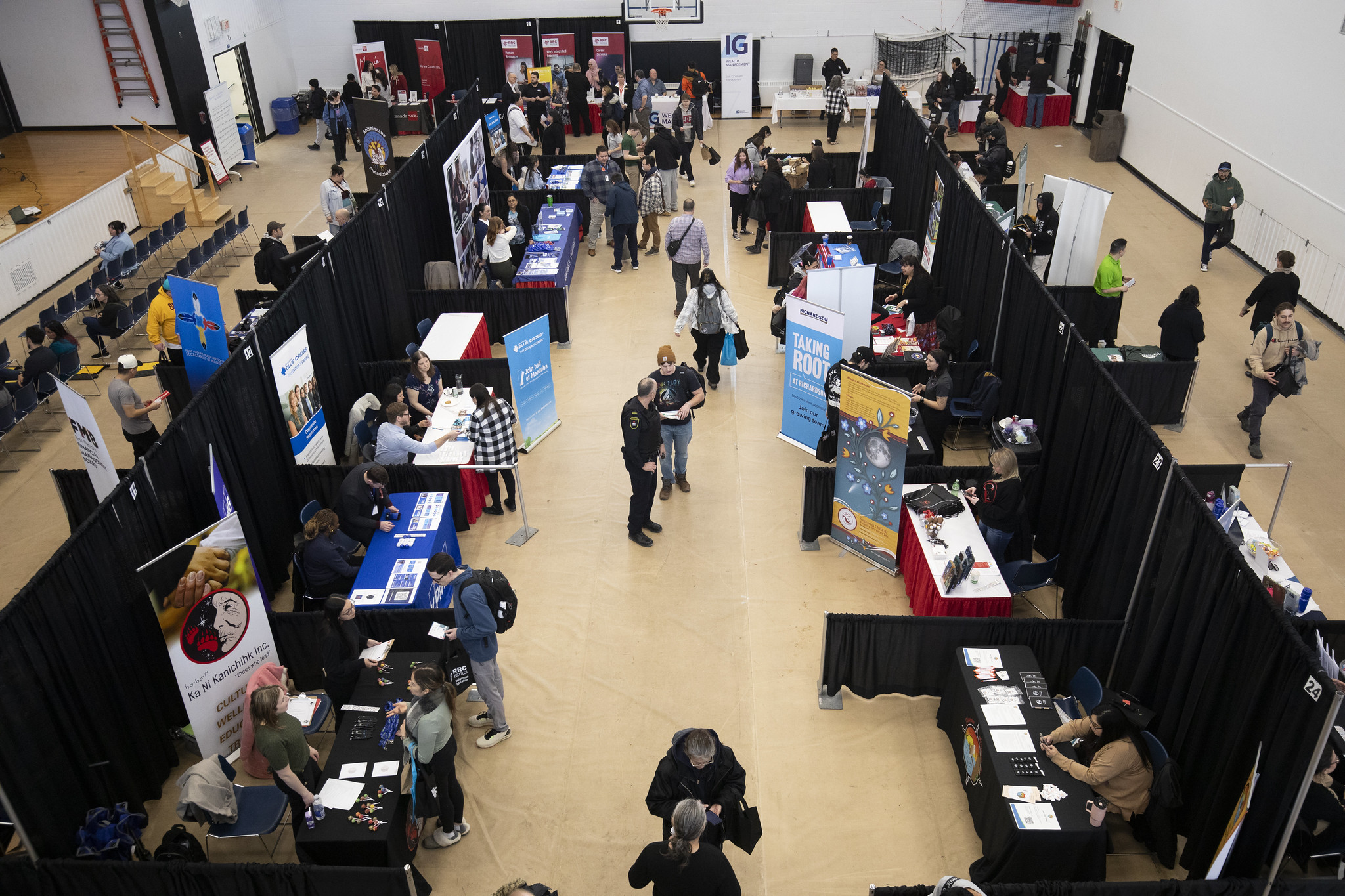Pathways Information Session – Tuesday, June 17
Register today to learn about Pathway to Information Technology and Pathway to Engineering Technology!
We are excited to invite learners to RRC Polytech’s upcoming Pathway Programs Information Session focused on supporting Indigenous students with launching careers in information technology and engineering.
- Tuesday, June 17
- 12pm – 1pm
- Manitou a bi Bii daziigae, Exchange District Campus, 319 Elgin Ave.
This session will highlight our Pathway to Information Technology and Pathway to Engineering Technology programs. Both pathways offer Indigenous students academic upgrading, hands-on learning opportunities, and clear routes into high-demand tech and engineering careers.
Additionally, you will learn about the comprehensive supports available through our School of Indigenous Education, including Elder guidance, navigation coaching, financial support, and a welcoming community to help students succeed every step of the way.
We would appreciate your help in sharing this opportunity with Indigenous students and learners who may be interested in exploring these exciting programs.
If you have any questions, please contact Chelsey Finney, Program Facilitator, School of Indigenous Education, at cfinney40@rrc.ca.
Once registered, we will send out an email a week prior to the event with the agenda.
